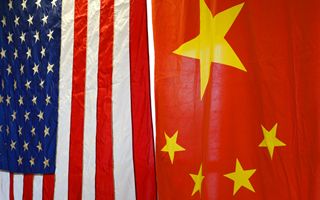(Finance) – Duties on 18 billion dollars of imported products, from electric cars to solar cells, including semiconductors and the most advanced batteries. The decision of US President Joe Biden, dictated by the desire to protect the American industry, especially the automotive industry, but also by electoral motivations, it caused Beijing to rise up. “The US decision comes from political considerations – he stated Beijing Ministry of Commerce in a note –. Specifically, this is a typical political game and the Chinese side expresses strong dissatisfaction.”
The Chinese Ministry of Commerce accused the US of “making mistake after mistake” and said the proposed tariff increases violate Biden’s pledges to avoid decoupling from China. “This will seriously affect the atmosphere of bilateral cooperation – the statement continues –. The United States should immediately correct its mistakes and cancel the additional tariffs imposed on China.”
The ministry spokesperson Wang Wenbin he said China will take “all necessary measures to safeguard its legitimate rights and interests.” There are 14 requests for increases made by the US presidency to American Trade Representative Katherine Tai. THE Chinese electric vehicles will be subject to a 100% tariff, four times the current rate of 25%, while duties on imports of solar cells and semiconductors from China they will double up to 50%. The rate on some imports of steel and aluminium will increase to 25%, more than triple the current level. Hit them too lithium ion electric batteries for electric cars (25%).
The increases are expected to be implemented from this year until 2026, depending on the rumors. The rates on the table cover $18 billion in assets, according to an estimate released by the main news agencies. “President Biden – stated the US Secretary of Commerce Gina Raimondo – is taking decisive action to ensure that unfair trade practices do not threaten our competitiveness and economic security, while strengthening American manufacturing. This is a strategic approach to trade policy that will help protect key U.S. industries, such as the clean energy and semiconductor sectors.”
